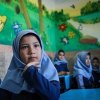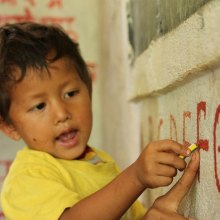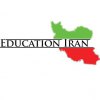
Global ‘learning crisis’ threatens future of millions young students – World Bank report
Global ‘learning crisis’ threatens future of...
Warning of ‘a learning crisis’ in global education, the World Development Report 2018: ‘Learning to Realize Education’s Promise’ said that schooling without learning is not just a wasted development opportunity, but also a great injustice to children and young people worldwide. “This learning crisis is a moral and economic crisis,” World Bank Group President Jim Yong Kim said in a press release on the report’s launch.
The report argues that without learning, education will fail to deliver on its promise to eliminate extreme poverty and create shared opportunity and prosperity for all. Even after several years in school, millions of children cannot read, write or do basic math.
Learning crisis is widening social gaps, not narrowing them
According to the World Bank, this learning crisis is widening social gaps instead of narrowing them. Young students who are already disadvantaged by poverty, conflict, gender or disability reach young adulthood without even the most basic life skills.
The report recommends concrete policy steps to help developing countries resolve the crisis by using stronger learning assessments as to what works and what doesn’t to guide education decision-making; and mobilizing a strong social movement to push for education changes that champion ‘learning for all.’ While not all developing countries suffer from such extreme learning gaps, many fall far short of levels they aspire to.
Leading international assessments on literacy and numeracy show that the average student in poor countries performs lower than 95 per cent of those in high-income countries. Many high-performing students in middle-income countries – young men and women who achieve in the top quarter of their groups – would rank in the bottom quarter in a wealthier country, explained the World Bank.
The report notes that when countries and their leaders make ‘learning for all’ a national priority, education standards can improve dramatically. “The only way to make progress is to ‘find truth from facts.’ If we let them, the facts about education reveal a painful truth. For too many children, schooling does not mean learning,” said World Bank Chief Economist Paul Romer.
After extensive consultations with governments, development and research organizations and the private sector in 20 countries, the report offers the three policy recommendations: assess learning, so it can become a measurable goal; make schools work for all children; and mobilize everyone who has a stake in learning.
This is a summary of the news: http://www.un.org/apps/news/story.asp?NewsID=57749#.Wct0P9ihXIU
 Reload
Reload



